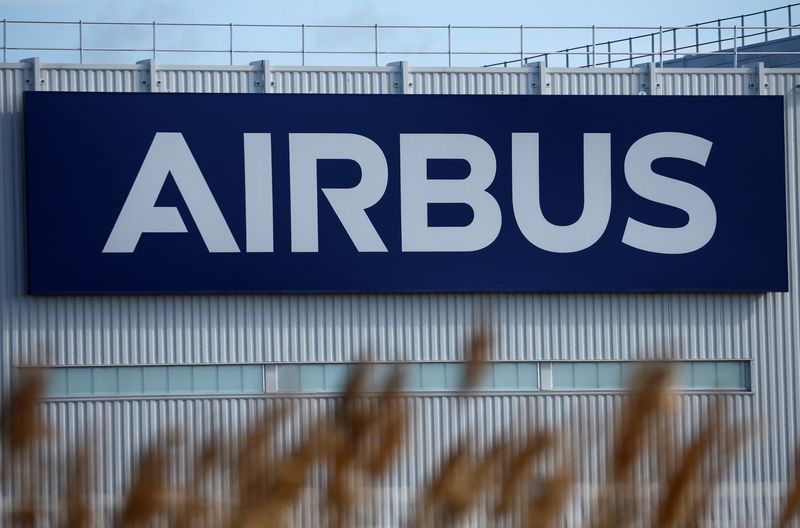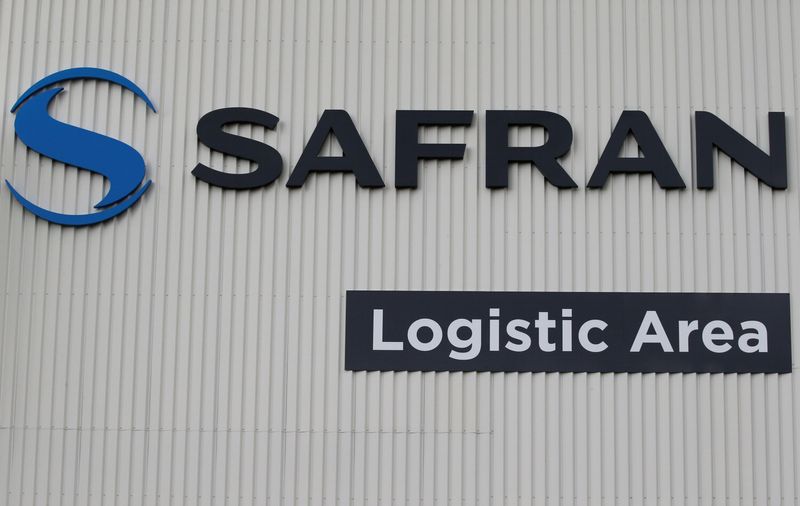By Tim Hepher and Christina Amann
PARIS/MUNICH – European planemaker Airbus looks set to raise narrowbody jetliner production for 2024 after reaching a compromise deal with at least two suppliers following months of wrangling over the speed of post-pandemic recovery.
The world’s largest planemaker is restoring and slightly expanding pre-pandemic output for best-selling models as traffic rebounds in the West, but has been struggling to persuade engine makers to place the bets needed to go significantly further.
France’s Safran, which co-produces engines with General Electric under their CFM venture, and Germany’s MTU Aero Engines, affiliated with Pratt & Whitney, both said they had struck deals with Airbus on 2024.
“It corresponds to the quantity that we had committed to before the crisis and given (this), we were naturally able to reach agreement on a quantity to supply in 2024,” Safran Chief Executive Olivier Andries told reporters.
He would not discuss specifics except to say the new target differs from 2023, effectively ruling out a flattening of production of the A320neo which competes with Boeing’s 737 MAX.
Airbus declined to comment ahead of results next week. Chief Executive Guillaume Faury on Thursday restated firm plans to raise A320-family output to 65 a month by summer 2023.
Airbus has said it aims to take a decision by mid-year on whether to go further and raise monthly output to 70 in the first quarter of 2024 and as high as 75 by 2025.
It is making 50 A320-family jets a month and its schedule calls for an interim milestone of 61 a month by end-2022, according to a filing in a court case with Qatar Airways.
Until now, engine makers CFM and to a lesser extent Pratt & Whitney have voiced concerns about committing to monthly airplane production levels beyond the 65 planned for mid-2023.
SUPPLY CONCERNS
They fear a fractured global supply chain will not be able to keep up, or that they will be left with unsold engines and a drain on cash if demand does not rise as Airbus hopes. Sources say they want advances and guarantees to back new increases.
They also fret that their main business of servicing planes already in the fleet would be damaged if new planes pour into a bruised post-pandemic market too quickly, pushing out older planes with plenty of years of repair revenues ahead of them.
Demand for medium-haul jets like the Airbus A320neo, which offers a choice of CFM and Pratt & Whitney engines, and the Boeing 737 MAX, powered solely by CFM, has been robust.
Safran said traffic in North America and Europe was recovering, offset by a sudden new slowdown in China. Germany’s MTU has been more upbeat than some suppliers.
“The market is there for higher production rates; we are confident that it will work. We have agreed on production rates for 2024,” Chief Executive Reiner Winkler told reporters.
However, leasing magnate Steven Udvar-Hazy, chairman of Air Lease, warned Air Finance Journal this week that single-aisle Airbus output was facing chronic industrial delays.
The outcome in actual production of engines depends on two variables that have to be agreed between suppliers and Airbus: the level of plane production and the split in engine supplies between CFM and Pratt & Whitney.
Before the crisis, industry sources say, Airbus was committed to 63 planes a month with just under 60% of the engines coming from CFM, but had explored rates of 70-plus.
(Reporting by Tim Hepher; Editing by Jason Neely and Mark Potter)

